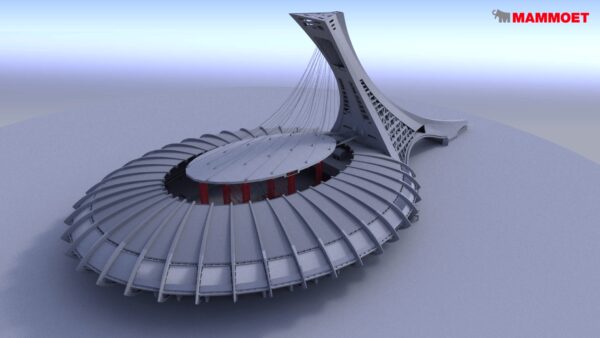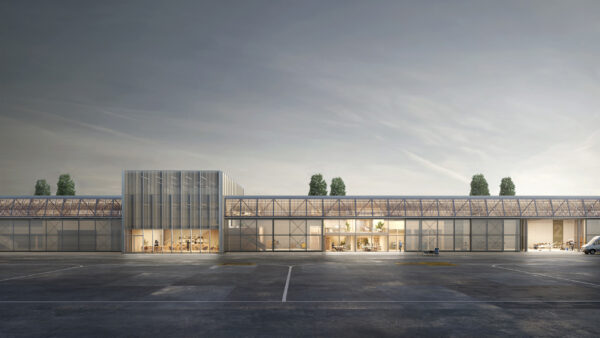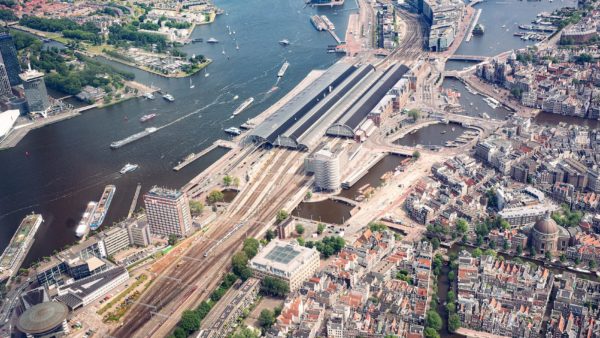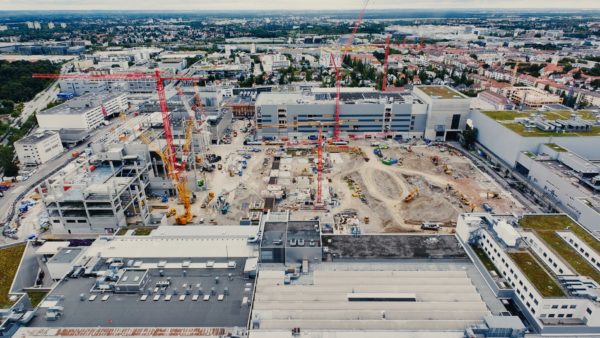Early splitting into specialist design-build packages, claims-avoidance workshops, and comprehensive stakeholder engagement all helped in this part of the $1.1bn scheme.
The coronavirus pandemic has cast a pall of gloom and raised several questions about what the global aviation industry will look like in the coming short-to-medium term.
Analysts, book-keepers, airlines, airport operators and stakeholders, to name a few, are still awaiting a final verdict on the demand/supply scenario.
But in Bahrain – home to the Gulf Cooperation Council’s (GCC’s) oldest airport – the first phase works of a new terminal building and associated facilities were handed over just recently to the client that signified a turning point for the Bahrain International Airport’s (BIA’s) $1.1bn modernisation program.
The programme will augment the airport’s capacity to handle 14 million passengers a year, compared with 9 million passengers a year before.
The client for the program is the Ministry of Transportation and Telecommunications (MTT) and the Bahrain Airport Company (BAC).
The first of two phases delivered a new 210,000-sq-m terminal with premium-class check-in halls, check-in desks, passport control booths, E-gates, security lanes, a 9,000-sq-m retail space, lounges, food and beverage zones, 24 departure gates, and 7,000 new parking spaces both at-grade and in multi-story facilities.
“The program is a full-fledged development that entailed drawing up a new masterplan to assess future needs and an entire site plan with airside and landside facilities,” said Hill International Vice President and Project Director Uzair Wasif.
“The MTT brought on industry experts who recognised that to achieve the project’s goals for the long-term, the existing facility had to be decommissioned and a new terminal constructed.”
Planning and management
The process of turning a newly constructed facility into a fully functioning airport needs to be carefully managed.
To ensure preparations were implemented as planned, a project steering committee was formed in the initial phases to coordinate among various stakeholders.
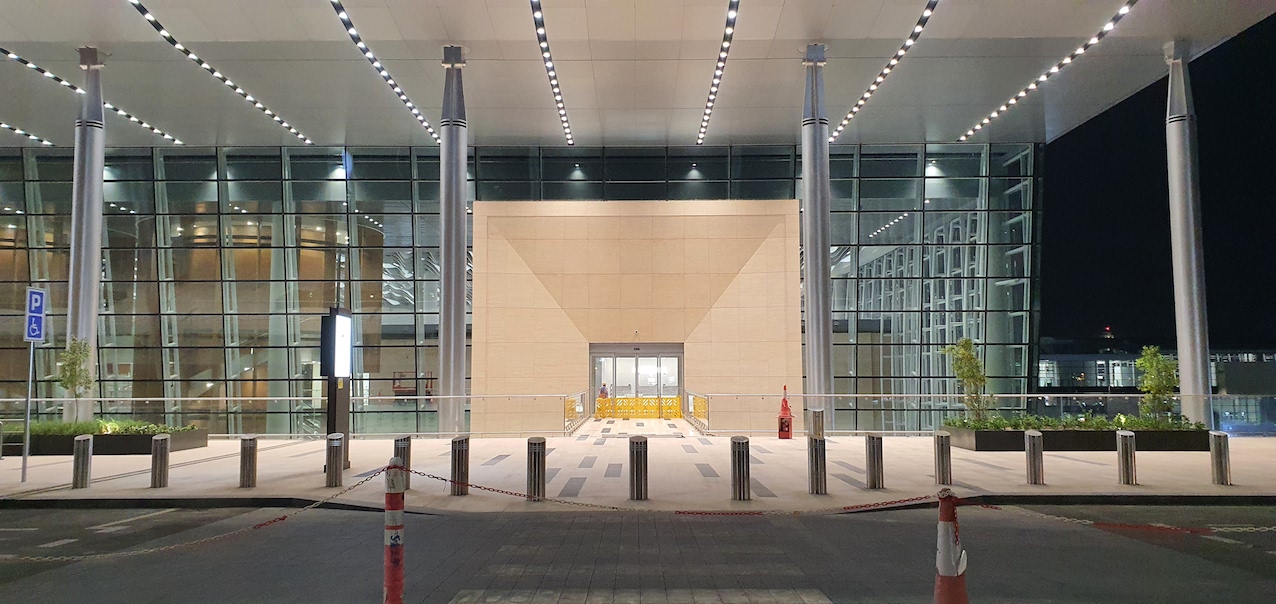
The new terminal at Bahrain International Airport will equip it to handle 14 million passengers a year, up from 9 million (Hill International)
At the early stages, Hill prioritised the procurement of construction and engineering speciality packages; five such packages were identified as critical.
They were: Baggage Handling System (BHS), Information and Communication Technology (ICT), Security and Screening Equipment (SSE), Passenger Loading Bridges (PLB), and Horizontal/Vertical Transportation Systems (HVTS).
The packages were procured on a design-build basis.
Structuring the programme’s procurement in such a manner provided greater schedule control and took advantage of the design-build delivery method by aligning the risks of these intricate systems with teams who understood how to best realise these packages on time and within budget.
As the project manager, Hill International was responsible for the development of the performance criteria for these specialty packages.
“The benefits of this early procurement enabled tighter control of the project’s timeline,” said Wasif. Also, the project required a high level of coordination among many stakeholders to maintain progress. These stakeholders included government ministries, authorities, ground handlers, operators, airlines, and duty free, among others, each with their own requirements.
To address stakeholder concerns, Hill identified the requirements, challenges, expectations, timelines, and programming of all major stakeholders early in the project process, codified this data, and used it to drive decision-making and keep the project moving.
Tackling delays, Covid-19
“Major infrastructure programs can have delays due to necessary stakeholder-driven changes,” said Sharif Makki, Hill Director of Operations and Contracts Manager for the project.
“This happened with the Bahrain project, but early efforts to account for and consider the needs of our stakeholders helped to mitigate these impacts.”
There were marginal cost overruns, but the impact was countered in part by Hill’s team workshops in claims avoidance and reviewing and resolving claims submitted by the contractor.
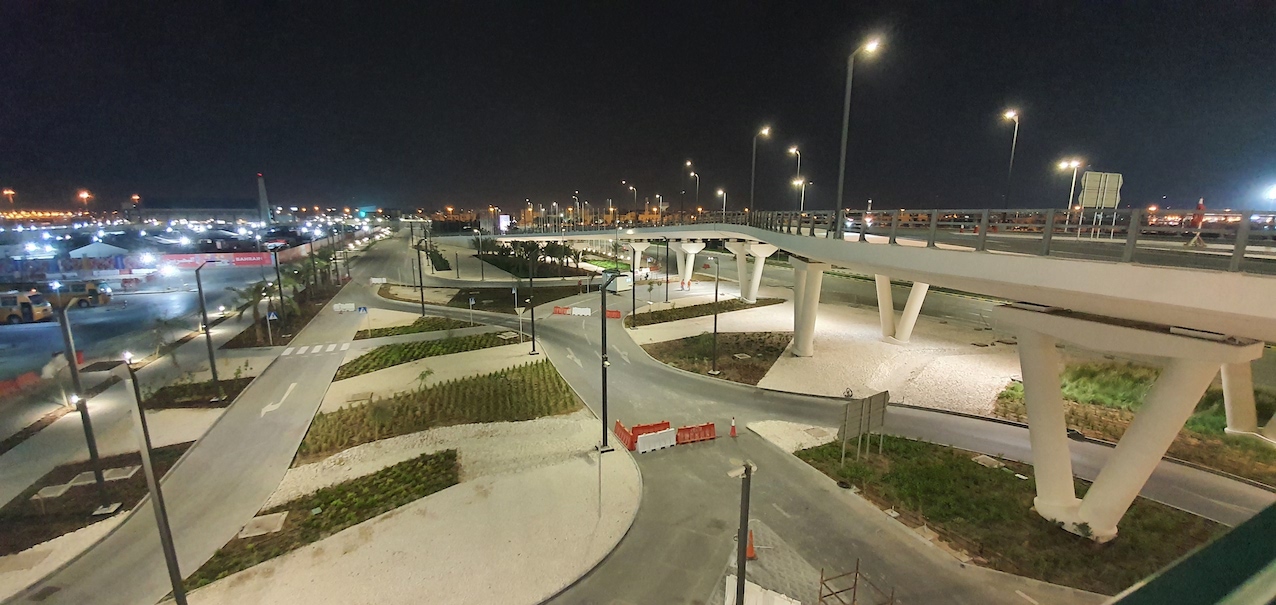
The first phase delivered roadways and 7,000 new parking spaces both at-grade and in multi-story facilities (Hill International)
The Covid-19 pandemic presented its share of challenges, Makki said, adding that Hill worked with the entire team to quickly and effectively address them.
On site, this meant ensuring proper personal protection equipment (PPE) was always available and in use, and that labourers were screened for symptoms daily before beginning work.
Also, from a planning and management perspective, Hill coordinated with the MTT, BAC, vendors, and contractors to find workarounds to supply chain bottlenecks.
Â
“Much like the entire aviation industry, we had to adapt quickly to the new normal of Covid-19,” said Makki. “Our priority was the safety of our people and we enforced social distancing and encouraged team members to meet virtually whenever possible.
“Then, we needed to make certain we were doing everything we could to help keep the project moving. Hill excels at finding solutions to challenges, and this was no exception. The work our team did to get the project safely back up and running, and to make up as much lost time as possible was remarkable and I expect the lessons learned and best practices the team developed can aid the MTT on other projects going forward.”
Meticulous checking
To ensure the safety and wellbeing of passengers and staff at the new facility, BAC meticulously checked the operational readiness of the Phase 1 facilities.
To oversee preparations were implemented as planned and keep the project on track, the National ORAT Steering Committee, which was formed as per Royal Order (10) for 2017, issued by His Royal Highness Prince Salman bin Hamad Al Khalifa, Crown Prince, Deputy Supreme Commander and First Deputy Premier, met regularly to address key issues.
Top image: The first of two phases delivered a new 210,000-sq-m terminal for Bahrain International Airport (Hill International)
- Ashok Dutta is media and marketing consultant for Hill International







